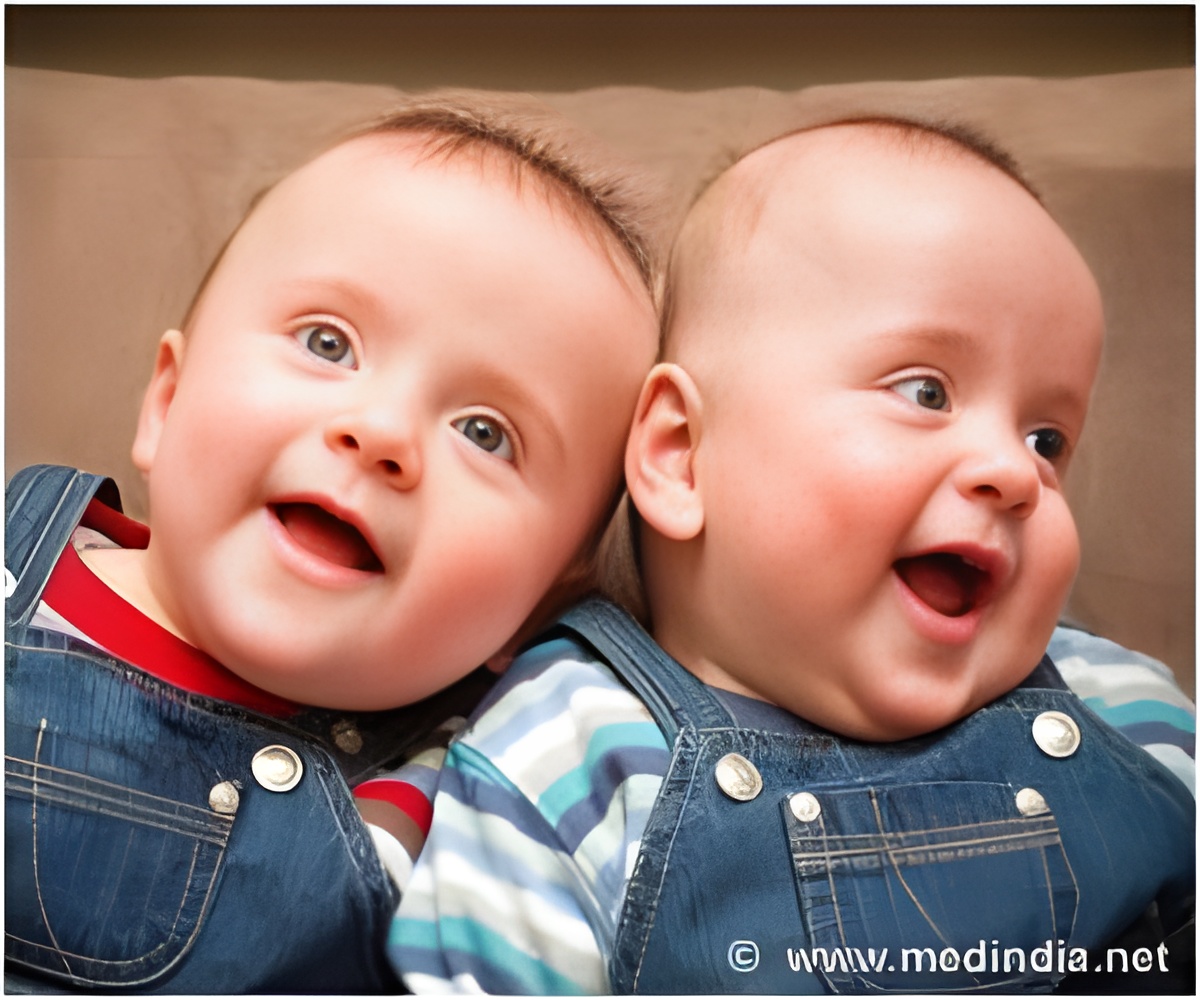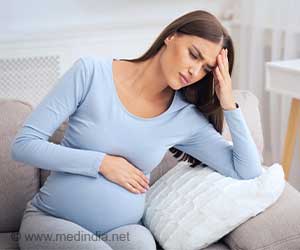Parents are perhaps misinformed during prenatal scans if their twins are identical or non-identical, say UCL researchers in a new commentary piece.

Parents of same sex twins (1586) were asked if they knew whether their twins were identical or not and how they discovered that information.
The majority of parents (1302/82%) reported that they had been given the information by health professionals based on the formation of the placenta as seen on the prenatal scan. Of this group, as part of the Gemini data collection, all parents completed a validated zygosity questionnaire[i] when their twins were on average 8.2 months old. This questionnaire asks about the children's height, eye colour, hair colour and overall confusability and has been found in a previous study to correctly assign zygosity in 95% of cases.
The researchers found that out of the 1302 parents, 191 (14.7%) were misinformed about their same sex twins' zygosity (identical or non-identical).
In addition, 38% of parents said they were told after an antenatal scan that their twins shared a placenta and were therefore identical while 62% of parents were told their twins were non identical as they had two placentas.
However 25-30% of identical twins can have two placentas say the researchers. If the zygote splits within two days of fertilisation, separate placentas develop.
Advertisement
"Finding out if your twins are identical or not is important to parents. However our data suggests that there may be a lack of knowledge among some health professionals about both identical and non identical twins having two placentas.
Advertisement
John Thorp, BJOG Deputy-Editor-in-Chief added:
"This paper highlights the uncertainty that can exist in finding out whether same sex twins are identical or not. Additional training may be required for health professionals to avoid giving out the wrong information to parents."
Source-Eurekalert










